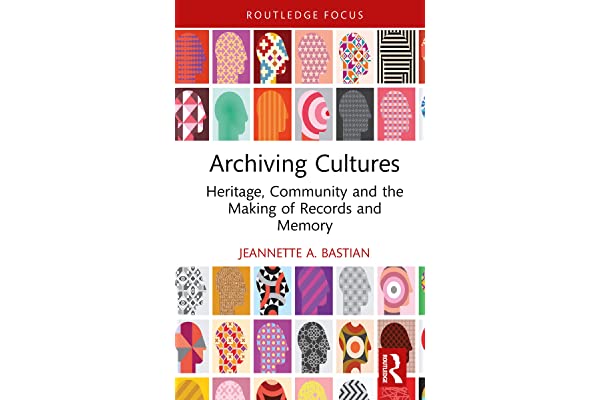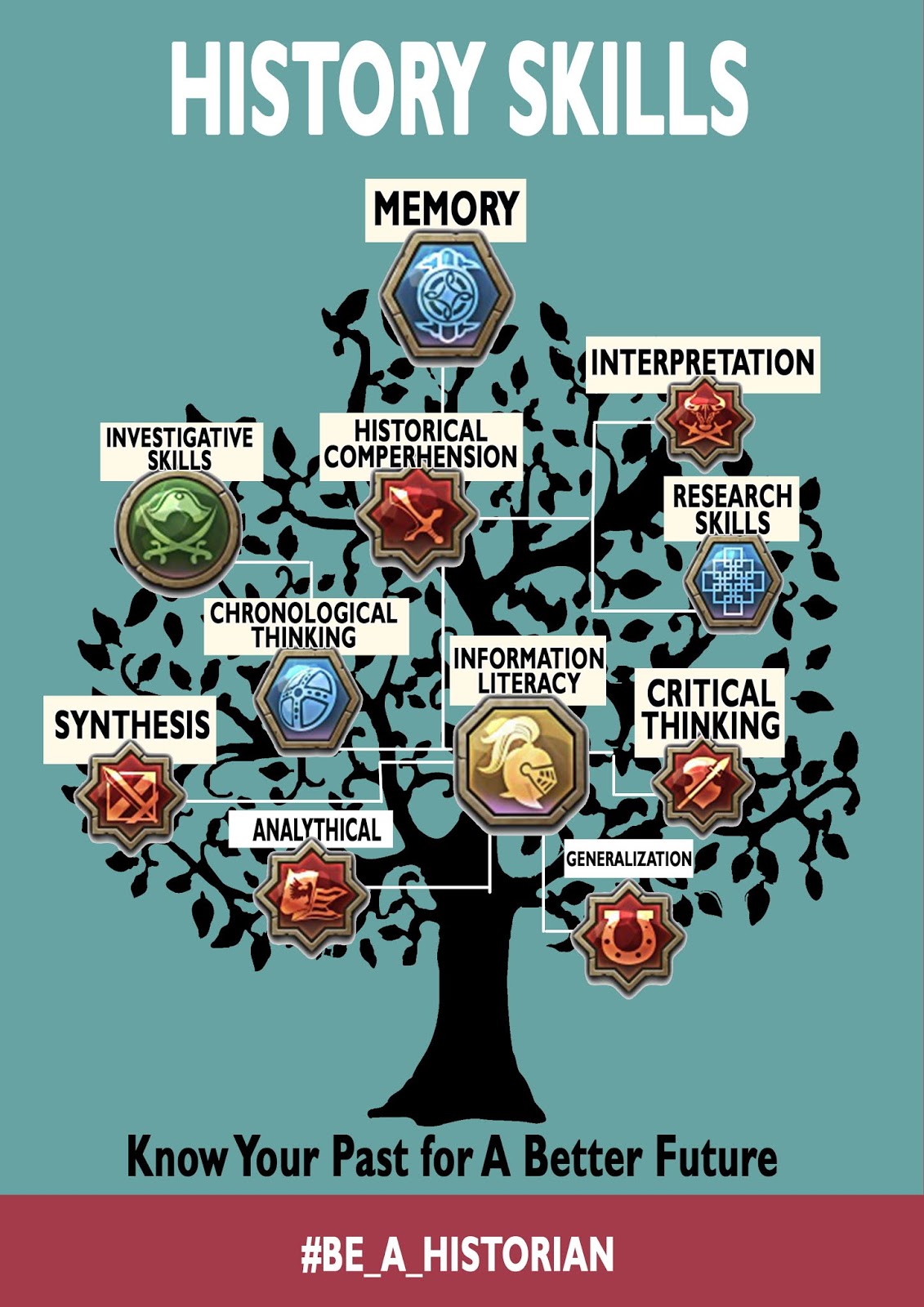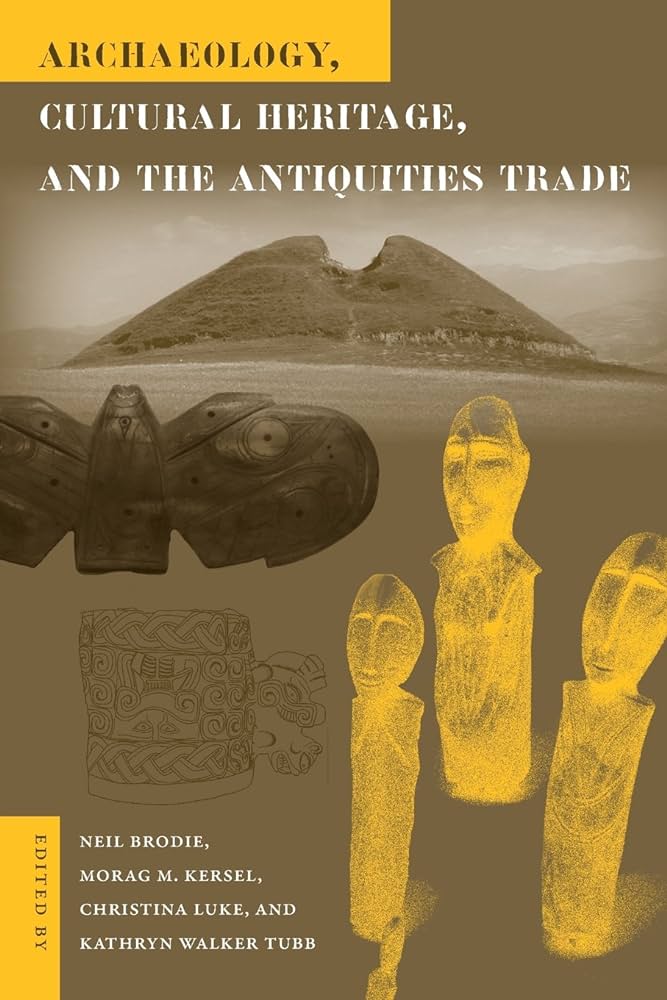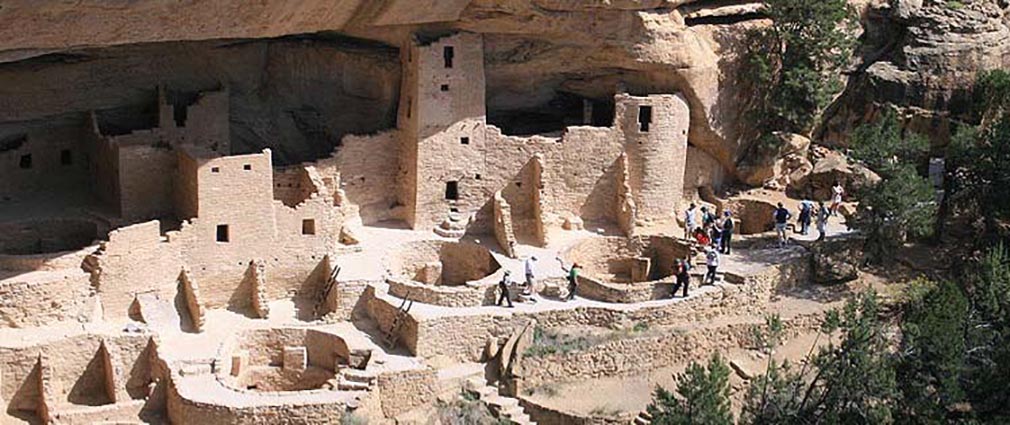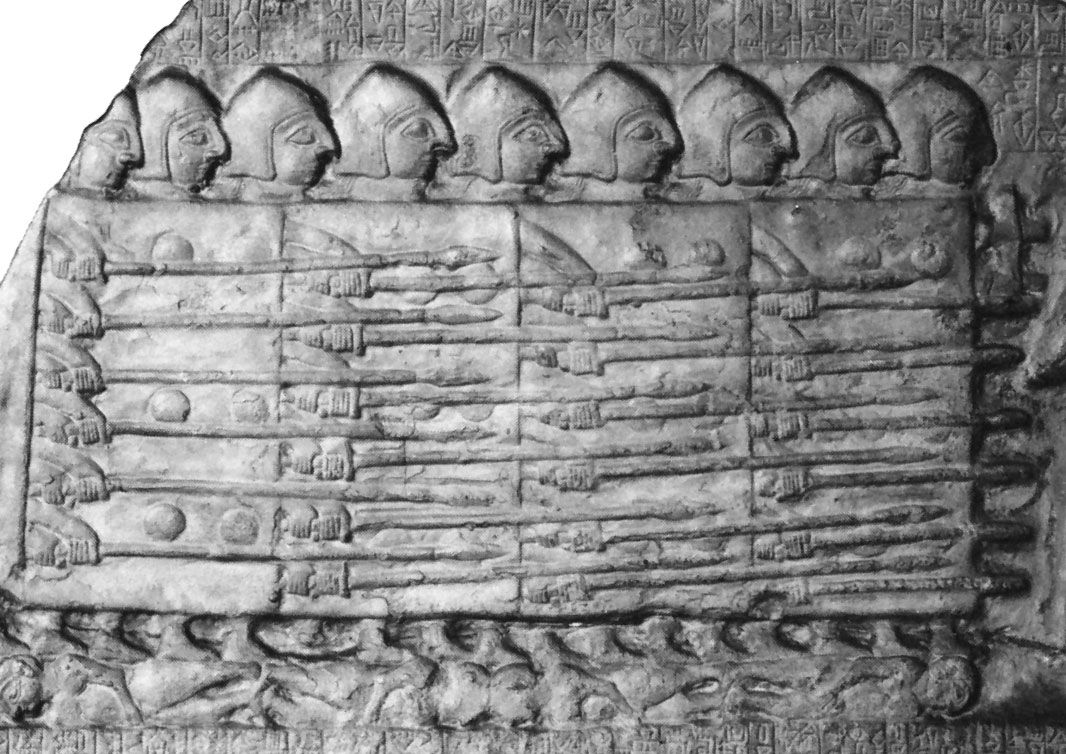Preserving Memories Through Oral History
Memory is a fragile thing. As the years pass by, we tend to forget little details about the people we love and the moments that made our lives special. One way to preserve these memories is through oral history. The art of storytelling has been around since the beginning of human civilization. It’s a simple and effective way to pass down knowledge, wisdom, and personal experiences from one generation to another.
Oral history is the collection of personal stories and experiences, passed down from one generation to another through word of mouth. It’s an important way to document history, especially for those who might not have been included in official historical records. By listening to the stories of our ancestors, we can gain insight into their perspective and the lives they lived. These stories are a valuable way to learn about our cultural and familial heritage and to keep memories of our loved ones alive.
In today’s digital age, oral history can be recorded and preserved in many different formats. Audio and video recordings can be saved on hard drives or in the cloud, ensuring they remain accessible to future generations. Transcripts of interviews can be turned into books or kept in archives. By using technology to capture these stories, we can ensure that they are preserved and shared for years to come.
Oral history is especially important for people whose stories may have been overlooked or forgotten by mainstream history. For example, the experiences of women, minorities, and members of marginalized communities are often underrepresented in official historical records. Oral history gives these individuals a voice, allowing them to share their unique perspectives and experiences.
In addition to preserving history, oral history can be a therapeutic process for those sharing their stories. Telling stories can help people come to terms with their own experiences, and it can be a way for them to connect with others who have had similar experiences. For older adults, sharing their stories can be a way to combat loneliness and to feel a sense of purpose.
Preserving memories through oral history is an important way to keep our cultural and familial heritage alive. By recording and sharing personal stories, we can gain insight into the lives of our ancestors and learn new perspectives on the world. In addition, oral history can be a therapeutic process for both the storyteller and the listener. So, take the time to record the stories of your loved ones, and encourage others to do the same. These stories may be just as important, if not more important, than the official historical records that we typically rely on.







